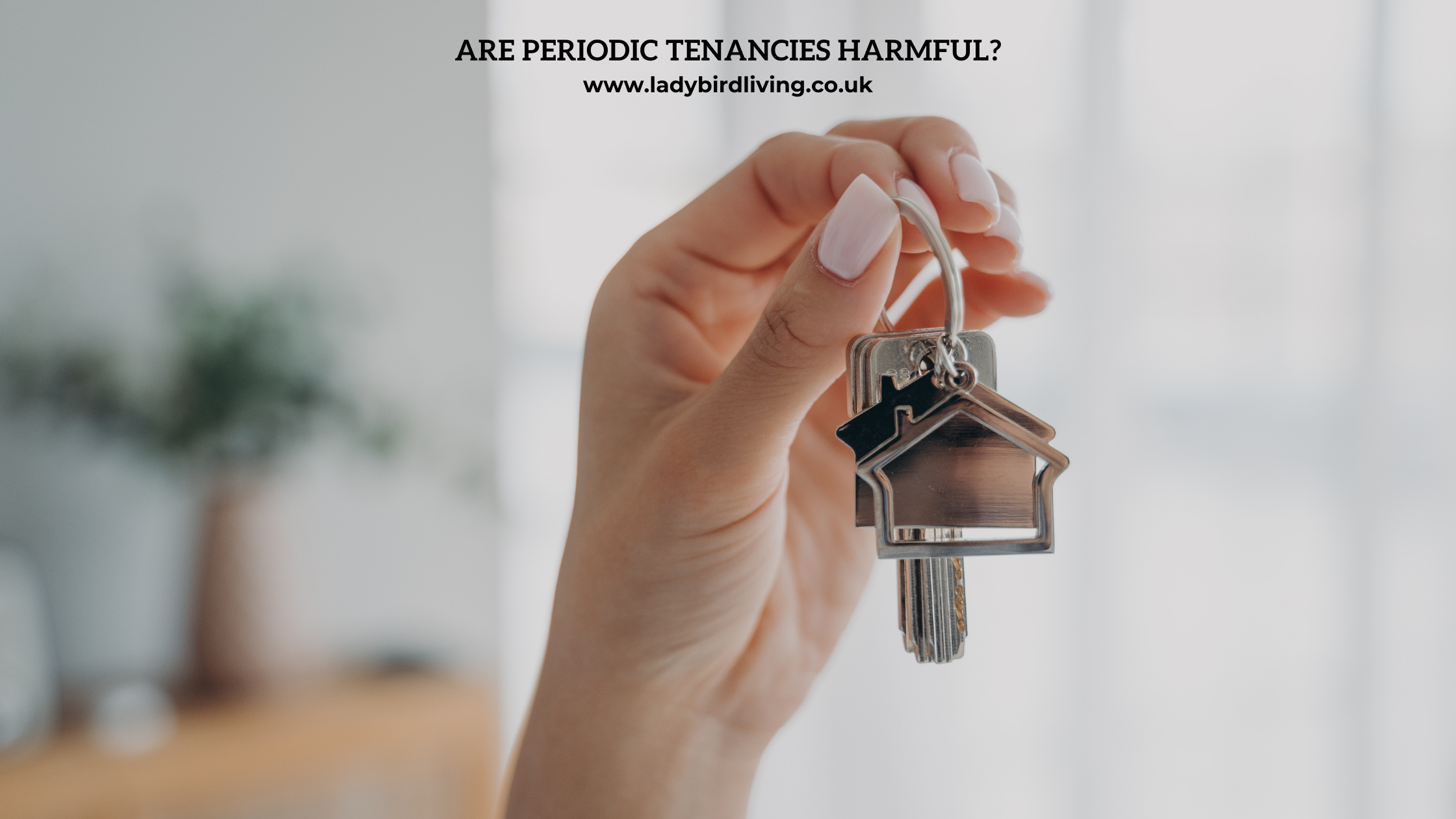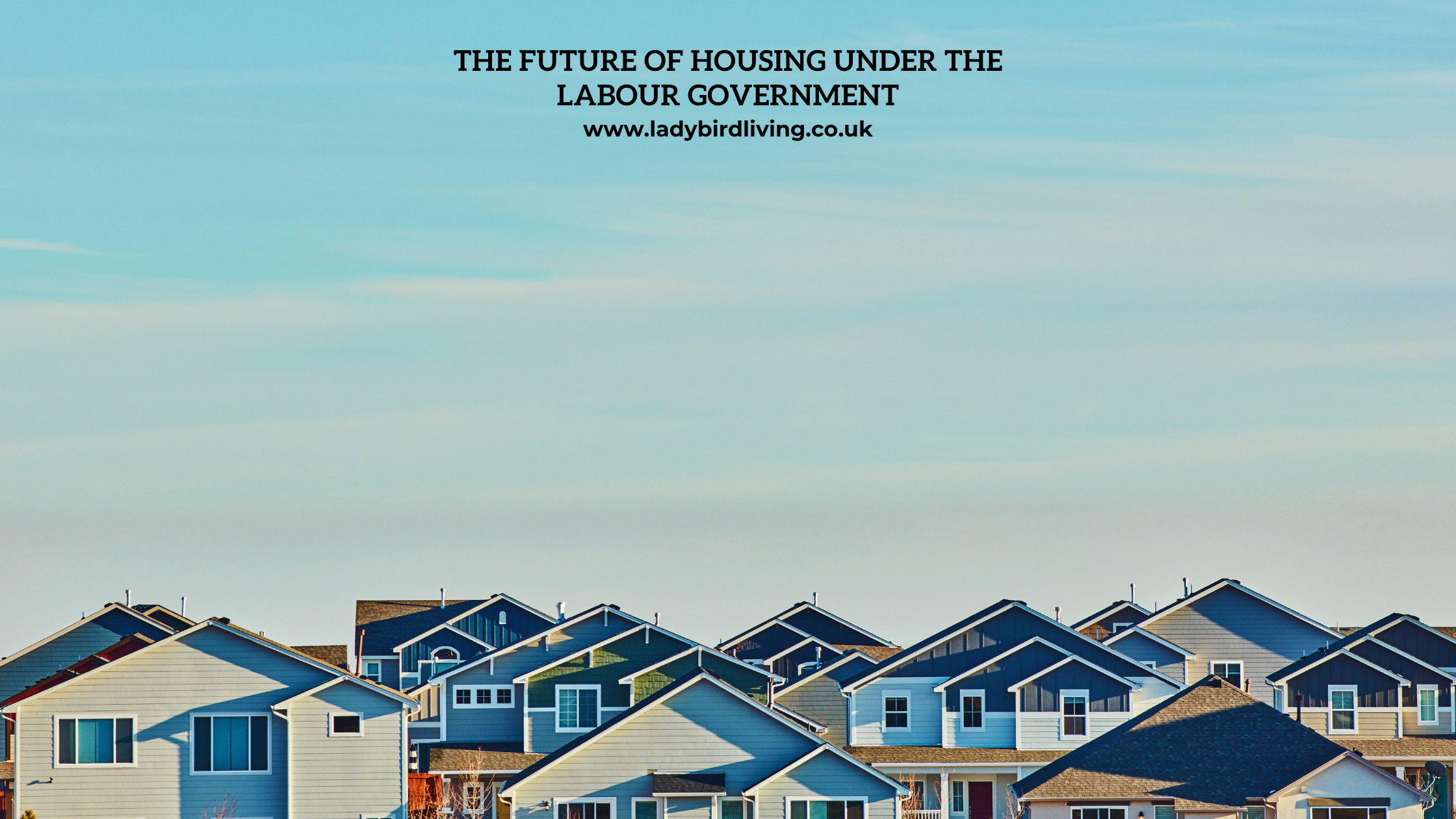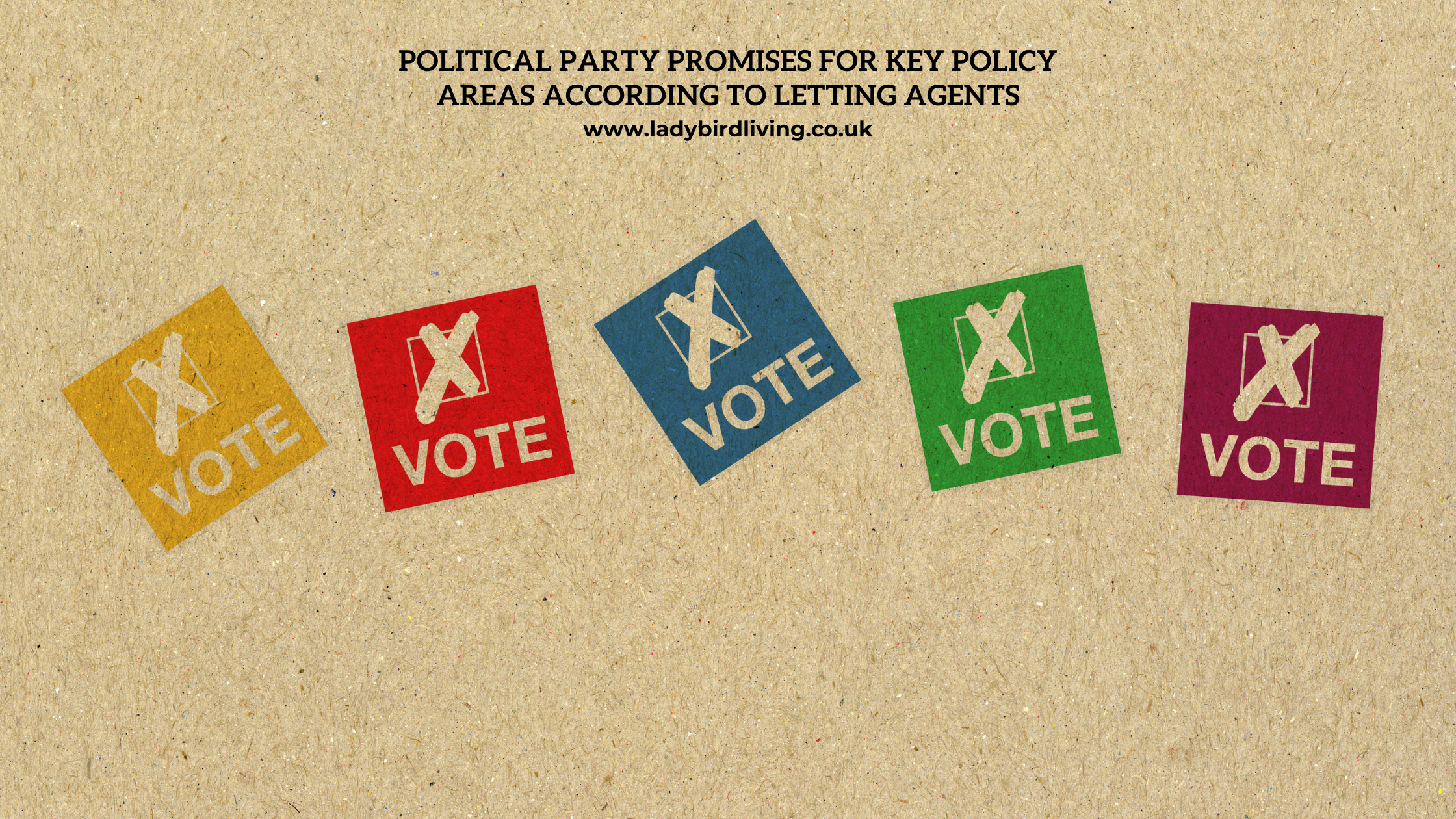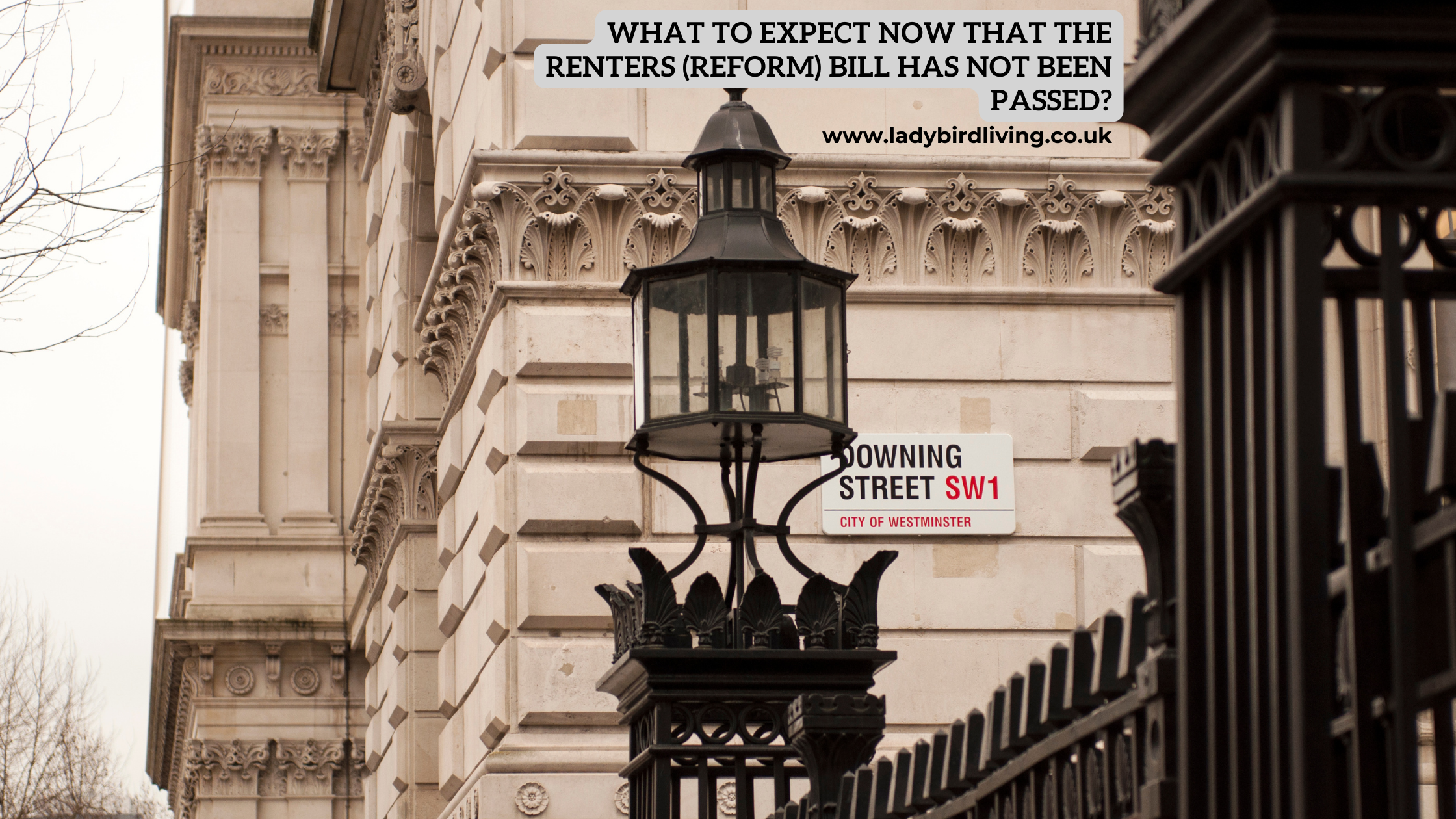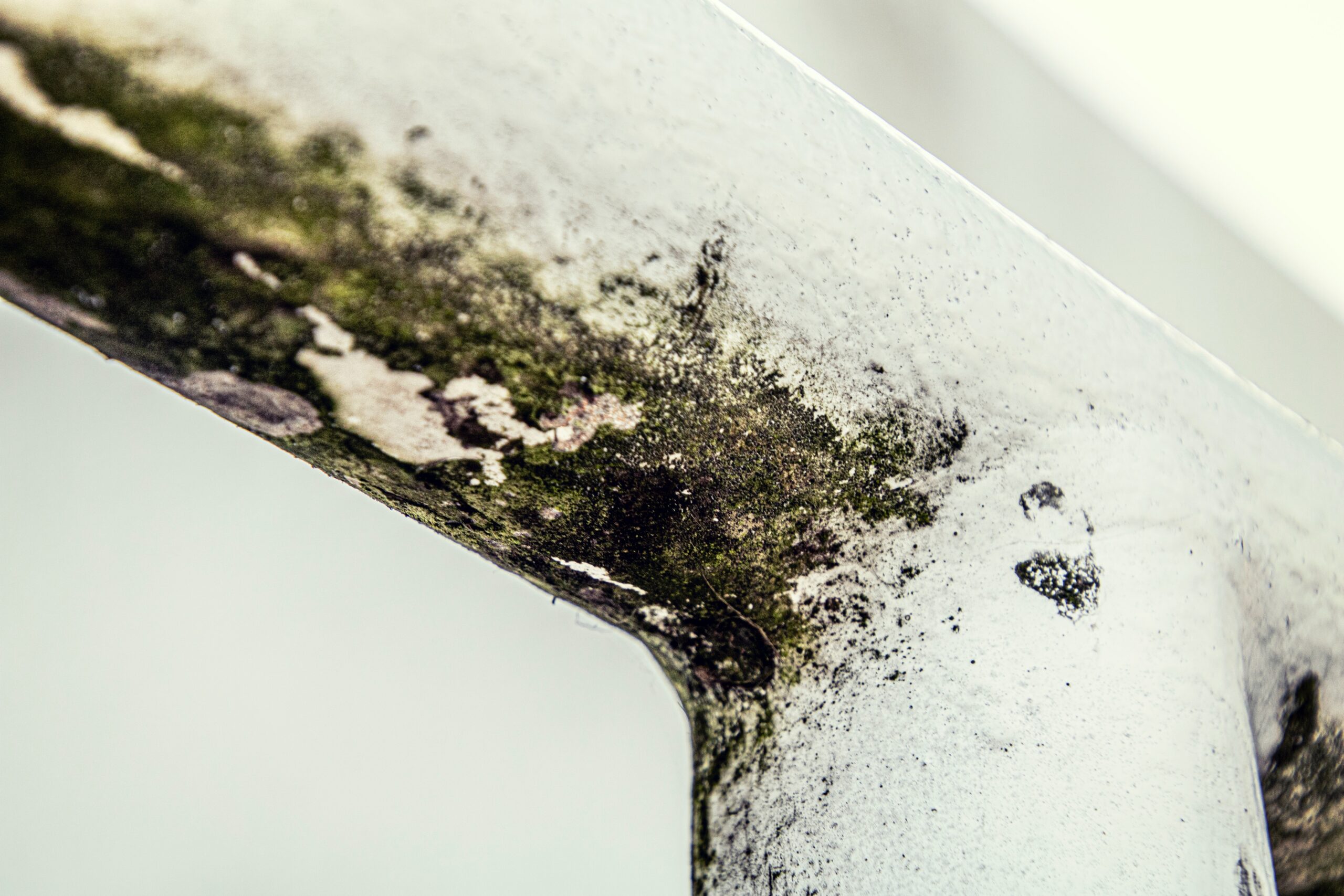
Mould and damp issues in the private rented sector
According to the English Housing Survey (2021-2022), approximately 11% of private rented homes and 4% of social rented housing had damp and mould issues in 2021. The rise of mould and damp issues may be primarily due to higher energy bills and the cost of living crisis. Since energy bills are rising, people may avoid ventilating their homes by opening their windows and homes may be under-heated, all of which increase the likelihood of the development of mould.
The Landlord and Tenant Act 1985 mentions that homes must be ‘free from damp’ and private property owners must ensure that this condition is met. The Housing Health and Safety Rating System (HHSRS) mentions damp and mould as one of the 29 circumstances which make a house ‘unfit for human habitation’. This rating system can be used to identify specific hazards and enforce action against property owners.
How will the Decent Homes Standard address mould and damp issues?
The Renters’ Reform Bill will push for greater changes in the private rented sector. Currently, the Decent Homes Standard does not apply to the private rented sector, but the Renters’ Reform Bill will cause this to change. The Decent Homes Standard identifies damp and mould as health and safety hazards and aims to ensure that homes in the private rented sector as ‘warm and dry.’
What should property owners do to remain compliant?
The Fitness for Human Habitation Act (2018) states that property owners are responsible for ensuring that the entire property and service installations, including water supply, are in a good state of repair. Property owners should therefore deal with any damp and mould issues immediately if it is a result of maintenance or structural issues in the property.
What is the government planning to do to improve guidance on damp and mould?
The HHSRS is being reviewed by the government. Before acting against a property owner, it is important for local authorities to review the occupant’s behaviour. By the summer of 2023, it is expected that there will be new guidance on damp and mould issues.
Furthermore, there has been a petition with over 170,000 signatures asking the government to provide property owners with 14 days to conduct damp and mould inspections and a further 7 days to start repairs if health hazards are present. The government is yet to respond to the petition.
T +44 (0)203 488 1488
Recent Posts
